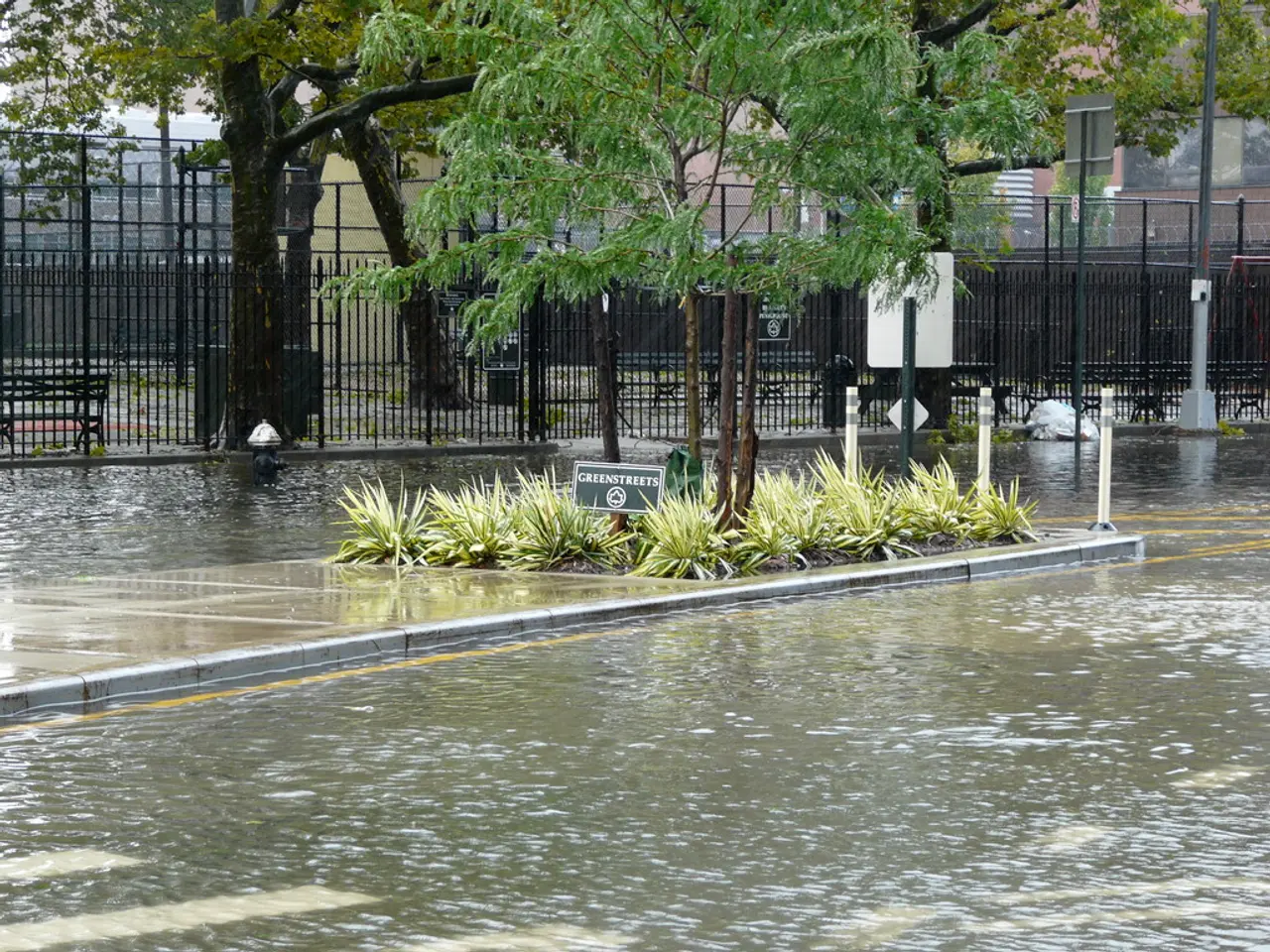New York Invests Record $25M in Farm Water Quality Projects
New York is investing a record $25 million in farm-based water quality projects, marking the largest single round in the 30-year history of its Agricultural Nonpoint Source Pollution Abatement and Control Program. This significant funding is part of a broader $4.2 billion voter-approved fund to modernize water infrastructure and bolster climate resilience across the state.
The program has directed over $250 million to on-farm projects since its inception, with this latest round supporting 50 projects across 25 counties. These projects range from a substantial 1.4 million-gallon nutrient storage system at Van Patten Farms to regional conservation initiatives. Farmers will benefit from manure management systems, stream buffers, and cover crops, making conservation strategies more affordable.
The funding reflects a growing alignment between farm policy and climate resilience. The state's FY2025 budget allocates $81.8 million for agricultural sustainability programs. This $25 million injection combines allocations from the Environmental Protection Fund ($14 million) and the first-time use of the 2022 Environmental Bond Act ($11 million). Large dairy and crop operations in counties like Wyoming, Delaware, and Onondaga received some of the largest awards.
The program aims to protect waterways, safeguard communities from climate change, and support farmers' environmental stewardship efforts. By investing in these projects, New York is not only improving water quality but also fostering a more sustainable and resilient agricultural sector.
Read also:
- Thieves Steal Unique Sculptures from Redwood National Park's Grove of Titans
- Thessaly's Climate Plan Stalls Two Years After Storm Daniel Devastation
- Republicans advocate Trump's domestic policy plans in Iowa, though some business owners remain skeptic
- Matthew McConaughey Stars in 'The Lost Bus': A Harrowing Tale of Resilience







